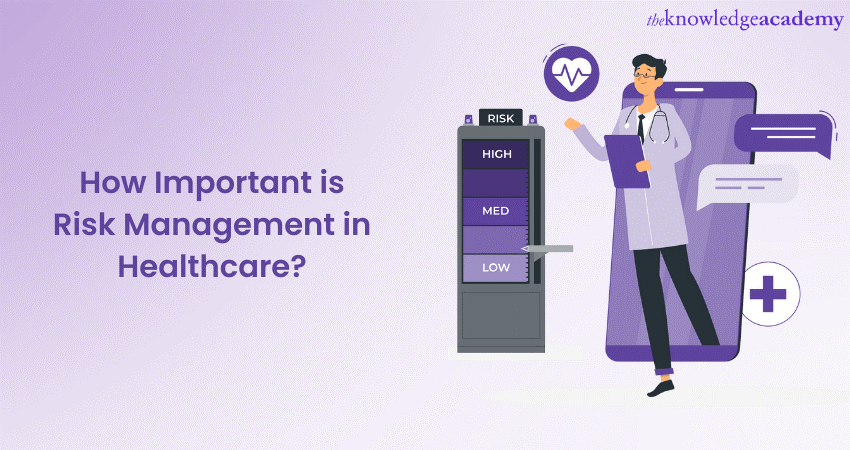The Relevance of Comprehending the Value of Risk Management in Numerous Industries

The Core Idea of Risk Management and Its Objective
Risk Management, the keystone of lots of industries, rests on the identification, analysis, and reduction of unpredictabilities in an organization environment. It is an important practice that permits companies to safeguard their possessions, track record, and overall survival. By correctly determining prospective threats, businesses can develop strategies to either avoid these threats from taking place or reduce their effect. The analysis process entails evaluating the likelihood and possible seriousness of these dangers. The reduction procedure includes creating approaches to lower their possible impact when risks have been identified and examined. This procedure is recurring and intermittent, guaranteeing that services are prepared for the ever-changing nature of Risk in different sectors. The key purpose, thus, is to foster durability amidst uncertainties.
Advantages of Carrying Out Risk Management in Business Procedures

Unveiling the Function of Risk Management in Different Industries
While every sector faces its distinct set of dangers, the application of Risk Management methods continues to be a common denominator in their pursuit of sustainability and development. In the healthcare industry, Risk Management entails making sure person safety and data protection, while in money, it includes mitigating investment risks and guaranteeing governing conformity. Inevitably, the role of Risk Management across sectors is to recognize, examine, and alleviate threats.
Real-life Situation Research Studies Demonstrating Successful Risk Management
To comprehend the importance of Risk Management in these many fields, one can look to several real-life circumstances that illustrate the successful application of these actions. Toyota, post the 2011 earthquake in Japan, revised its supply chain Management to lessen disturbance threats. These situations show how sectors, finding out from crises, successfully used Risk Management strategies to decrease future dangers.
Future Trends and Advancements in Risk Management Techniques
As the globe proceeds to develop, visit this website so too do the patterns and growths in Risk Management techniques. Quick innovations in modern technology and data analytics are improving the Risk landscape. Large information and AI are now important in forecasting and mitigating dangers. Organizations are leveraging these tools to construct anticipating versions and make data-driven choices. Cybersecurity, as soon as a peripheral problem, has catapulted to the center of Risk Management, with methods focusing on reaction, prevention, and detection. The assimilation of ESG (Environmental, Social, Governance) elements into Risk Management is an additional expanding fad, mirroring the increasing recognition of the duty that ecological and social risks play in business sustainability. Hence, the future of Risk Management depends on the blend of sophisticated innovation, ingenious methods, and an alternative method.
Final thought
Finally, understanding the significance of Risk Management throughout a spectrum of sectors is important for their longevity and success. Customized strategies can aid reduce possible risks, protect properties, and foster stakeholder count on. Furthermore, positive decision-making help in regulatory compliance and enhances source usage. Inevitably, successful Risk Management this page adds to a lot more sustainable and durable organizations, highlighting the importance of this technique in today's highly competitive and dynamic service setting.
While every industry challenges its one-of-a-kind collection of threats, the implementation of Risk Management strategies remains a typical denominator in their pursuit of sustainability and growth. In the health care market, Risk Management entails making sure person safety and security and information defense, while in click to investigate money, it entails mitigating financial investment threats and ensuring governing conformity. Eventually, the function of Risk Management across markets is to determine, examine, and reduce risks. These cases demonstrate just how markets, learning from crises, effectively used Risk Management strategies to lower future dangers.
